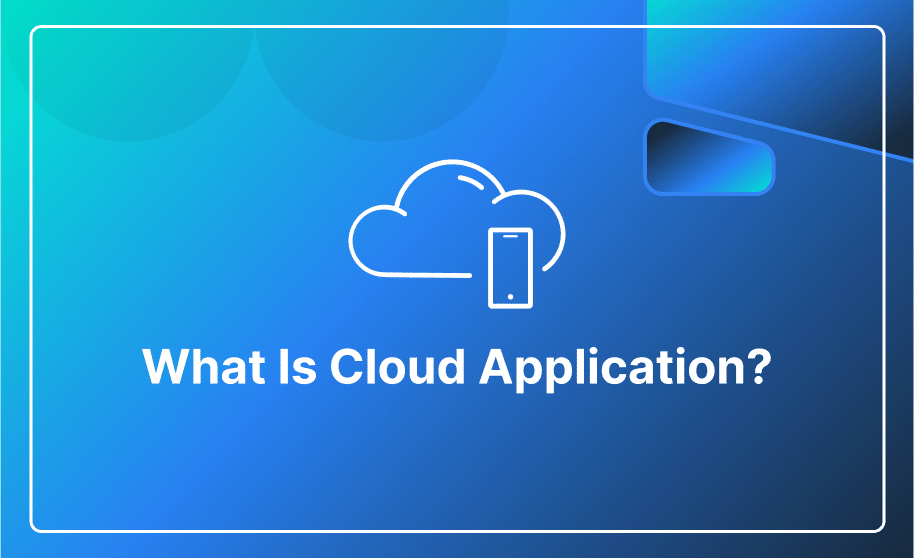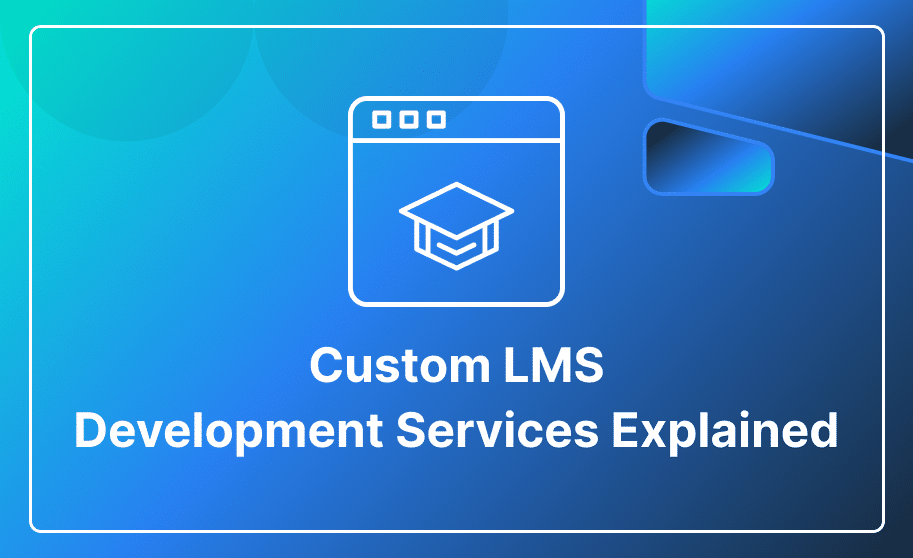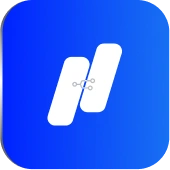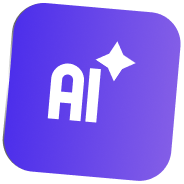Today, there are many operating systems to choose from. However, among them, Android is the most popular worldwide. With over 2.5 billion active users, it leads by a significant margin. It highlights the importance of the Android platform for anyone looking to launch a successful mobile application.
Choosing the right Android framework for app development is an important decision. With numerous options available, each has its own unique features, advantages, and drawbacks, so it is essential to choose wisely. It is an important decision as it directly impacts the outcome of your project.
In this blog, we will explore the best Android frameworks for creating reliable and successful apps in 2024. This guide will assist you in choosing the framework for Android app development that perfectly aligns with your needs.
What is an Application Framework?
An Android app framework is a software toolkit allowing app developers to develop a final product customized to the proprietor’s specifications. A framework provides the structure of an application, which developers then enhance with graphics, animations, unique features, and functionalities.
Popular Frameworks for Android App Development
Some of the top frameworks for mobile application development are:
- Flutter
Flutter is an open-source software development kit developed by Google that helps developers in creating advanced cross-platform applications. A single codebase facilitates the creation of apps for various platforms. This feature is an excellent option for those looking to develop a unified app or program accessible across multiple platforms.
Flutter framework is the best Android development platform renowned for high-speed performance as compared to native apps. This enhanced performance is attributed to Flutter’s integration with Skia, an operating system-integrated graphics engine.
Key Features:
- Flutter apps are renowned for their high performance.
- The Flutter framework allows developers to build apps using a single codebase for various operating systems, including Android, iOS, web, and desktop.
- The Dart programming language allows developers to create highly customizable and interactive user interfaces for their apps.
Pros:
- Flutter provides a comprehensive toolkit for app development, including pre-built widgets, APIs, CLI tools, and more.
- Developers can innovate with widgets or customize existing ones.
- With Google’s backing, Flutter is highly reliable and trustworthy.
- The quick code execution in Flutter allows for quick issue resolution.
- Flutter is an open-source platform available for free.
Cons:
- Flutter apps, like Xamarin, can be large, which may force developers to limit the use of images, animations, and diverse features.
- The scope of Flutter with native APIs is limited.
- React Native:
React Native, developed by Facebook, is an open-source, cross-platform framework. It is built upon React, a JavaScript library for enhancing the interactivity of static web pages.
React Native uses a JavaScript library to design user interfaces. Its applications have the appearance and functionality of native apps as they use native UI components for rendering. It makes React Native a great choice for apps that require high performance or integration with native features.
Best Features:
- Uses the Code Push feature that immediately updates the app without user consent or app reloads on Android devices.
- Supports integration of external third-party plugins.
- It easily detects bugs through the use of a declarative programming approach.
- “Hot Reloading” feature to expedite feature development and bug-fixing processes.
Pros:
- Uses native UI components to ensure the authentic native appearance of apps.
- It has an extensive UI component library that speeds up the development process.
- Provides access to native features such as the camera for developers.
- Allows flexibility to use platform-specific native code for app optimization.
- Changes are instantly reflected in the app without recompilation.
- Being open-source, it is free for developers.
Cons:
- For intricate animations or complex transitions, there may be better alternatives available.
- Xamarin:
Xamarin, Microsoft’s cross-platform app development framework works like Flutter and React Native, boasting an impressive 80% code reusability. As a Microsoft tool, Xamarin is integrated with Visual Studio, using .NET languages such as C++ and C# for coding.
Key Features:
- Applications have native-like performance as they are developed using C# and compiled into native code for each platform.
- Developers can share up to 90% of their code across platforms, resulting in time and cost savings.
- Simple visual designers are available for developers to create user interfaces effortlessly.
- There are Built-in debugging tools for troubleshooting mobile applications.
Pros:
- With its robust integration of C#, .NET, and Microsoft Visual Studio, Xamarin stands as one of the most comprehensive Android development frameworks.
- Xamarin gives access to platform-specific libraries, offering developers APIs from leading companies like Apple, Facebook, and Google.
- Similar to React Native, Xamarin is open-source, making it a cost-effective choice for smaller development teams.
Cons:
- Xamarin updates may occasionally lag.
- Apps developed with Xamarin tend to have larger file sizes compared to native counterparts, adding approximately 5MB for updates and 20MB for complete rebuilds.
- For applications that need intricate animations or advanced gaming features, alternative frameworks may offer better solutions than Xamarin.
- Certain UI elements may require recoding in Java or Kotlin for personalized Android app customization.
- Ionic:
Ionic is another common open-source Android development framework
It specializes in creating hybrid apps and Progressive Web Applications (PWAs).
With user-friendly UI components, Ionic speeds up the development process, making it a strong choice for developers. It offers various cross-platform features and diverse tools to elevate Android app development. While most coding occurs within the browser, certain native mobile device functionalities require testing on actual devices.
Best Features:
- The Ionic framework extends Capacitor with a wide range of mobile-optimized UI components by using familiar web technologies for developers.
- It integrates with popular JavaScript frameworks like React, Angular, and Vue.
- A vibrant community of Ionic developers continuously provides resources, plugins, and components.
- Ionic apps can emulate the appearance and functionality of native applications by using native APIs to access the device’s hardware and OS.
- The framework includes a feature called hot reloading that allows developers to instantly view changes made to the app during development.
- Ionic apps are built using a modular architecture that consists of independent components.
Pros:
- Starting with Ionic only requires knowledge of Angular, HTML, CSS, and JavaScript.
- Ionic seamlessly integrates with other libraries, particularly AngularJS.
- By using Cordova plugins, Ionic gives developers access to the native elements of the mobile system, providing complete control over app development.
Cons:
- Debugging is challenging due to vague error messages.
- To access many native features, developers may require native plugins, which may not always be stable and can cause conflicts.
- It can crash unexpectedly, with the reasons not always being immediately apparent.
- Apache Cordova:
Formerly known as PhoneGap, Apache Cordova is a free and open-source Android framework supporting hybrid app development using core web technologies such as JavaScript, HTML5, and CSS3. It provides the advantage of creating apps for multiple platforms with a single codebase.
Key Features
- This framework facilitates the development and deployment of cross-platform apps.
- Cordova apps can be enhanced using native plugins.
- Cordova is a widely known framework with a large developer community that ensures easy access to help and support during app development.
Pros:
- Cordova is a reliable framework.
- It supports a wide range of platforms, including Unix-like systems.
- By executing HTML or JavaScript within a native framework, Cordova provides access to device-specific features.
- It offers a consistent JavaScript API that allows developers to create adaptable code for almost every mobile device.
- Cordova employs plugins to connect its JavaScript to native backend code.
- The WebView container seamlessly transitions HTML apps to a native setting.
Cons:
- Running the app in WebView may not match native performance.
- Certain external plugins can be unstable, outdated, and prone to crashes.
- Initial setup may be challenging, involving the command line.
Cross-platform coding may require numerous platform-specific adjustments.
Conclusion:
Exploring the diverse range of Android app frameworks can be complex yet important for your project’s success. Whether you’re drawn to Flutter, React Native, Xamarin, or any other framework, each brings its own set of advantages. If you’re in the process of finding the most suitable Android app development framework for your project, consider seeking guidance from Hashlogics Android framework specialists.
Need help creating a high-quality Android app? Our team is here to help. Reach out to us now!
Explore our blog “What is a Software Framework? Your Guide to Top 54 Software Development Frameworks for 2024” for insights on software frameworks! It’s a quick and easy read!














